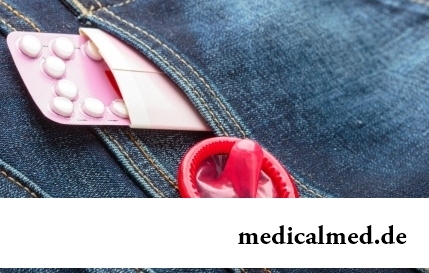





First aid at a faint
Syncope – the short-term loss of consciousness caused by a brain hypoxia. Most often the disturbances of a vascular bed happening owing to various factors from stay in the stuffy room to anemia are the reason of a hypoxia. The syncope in itself is not a life-threatening state, however it can be a symptom of a dangerous disease, for example, of a stenosis of a pulmonary or coronary artery.
Despite short duration of this morbid condition, it is necessary to be able to give first aid as it is, perhaps, the most widespread of all acute pathologies after bleeding.
Symptoms of a faint and its difference from other pathologies with similar symptoms
Despite suddenness, a syncope nevertheless has so-called harbingers thanks to which people usually feel its approach in advance. Treat harbingers of a faint:
- Weakness;
- Nausea;
- Flashing of "front sights" before eyes, blackout;
- Pallor of integuments;
- Cold perspiration;
- Ring in ears.
Later short time after emergence of these symptoms, people faints.
The syncope should be distinguished from a coma and an epileptic attack. If the usual syncope does not demand hospitalization of the patient, then at these states it is necessary. It is easy to be mistaken as in all three cases there is a loss of consciousness. Difference only that at a faint it is short-term lasts no more than 5 minutes, the thicket is 1-2 minutes old. It must be kept in mind - if a syncope long (3-5 min.), there can be salivation, emergence of spasms and an involuntary urination that sometimes leads to the fact that the syncope is confused to an epileptic attack. It is difficult for nonspecialist to define a difference therefore if first aid at a faint did not help and the person is unconscious 5 minutes and more, it is necessary to call the ambulance.
First aid at a faint
 The air hunger of a brain caused is the reason of a faint if to speak simply, sharply worsened intake of blood in a brain. The easiest and logical way to adjust supply of blood to an upper point of a trunk which the head is - to give to a body horizontal position. This simple action also is the main measure for first-aid treatment at a faint. It is also necessary to make all necessary that the victim got access to fresh air: to weaken too hard clothes, in the stuffy room to open a window.
The air hunger of a brain caused is the reason of a faint if to speak simply, sharply worsened intake of blood in a brain. The easiest and logical way to adjust supply of blood to an upper point of a trunk which the head is - to give to a body horizontal position. This simple action also is the main measure for first-aid treatment at a faint. It is also necessary to make all necessary that the victim got access to fresh air: to weaken too hard clothes, in the stuffy room to open a window.
As a rule, it is quite enough and no other help is required. If the syncope happened at the person to a chronic disease, then having recovered, he needs to see the attending physician or to take medicine according to the instruction given it by the doctor in advance.
If in a prone position, provided with fresh air, the victim did not recover consciousness, it should be put on one side that it did not choke with emetic masses and did not choke because of the sunk-down language and to call the ambulance. Before arrival of the ambulance it is impossible to leave the unconscious person of one. The doctor should be called and if the victim recovered consciousness, but his health remains bad.
Errors of first-aid treatment
The usual syncope does not pose critical threat for life and health, especially if it is correct to give first aid. But, despite simplicity of measures for assistance in this state, quite often the people who are sincerely wishing to be useful make mistakes which represent sometimes big danger, than a syncope.
The mistake 1 – not to allow the victim to lay down. The opinion is for some reason eurysynusic that the person in a faint categorically cannot allow to lie. There is nothing more wide of the mark. At a faint it is necessary to lay down, just taking into account that consciousness of the person is disconnected, and it falls, it is necessary to try to make so that when falling the victim was not injured. In other words, to allow to fall it is impossible, and to allow to lie – it is necessary.
Mistake 2 – reception of medicines. If the syncope occurred in the crowded place, namely so usually and happens as big accumulation of people results in closeness and an overheat, surely there will be a goodhearted person ready to share tablets which it carries at itself(himself) "just in case". As a rule, it something from heart drugs, most often nitroglycerine, or anti-hypertensive means. Categorically it is impossible to allow it. At a faint medicinal support is not required in general, and such drugs not only will not help, but also considerably will worsen a state, having lowered pressure which already fell at a faint.
Mistake 3 – liquid ammonia. Even it is possible to find information that as a measure of first aid at a faint it is necessary to bring to the victim's nose cotton wool or a bottle with liquid ammonia in some medical sources. It is a mistake. The liquid ammonia possessing a pungent smell can help at a stage of harbingers of a faint when the person feels the approaching faintness, but did not faint yet. The unconscious person cannot start back, caustic vapors of liquid ammonia at a breath easily cause a corrosive burn of a mucous membrane. Besides, salammoniac can lead to a reflex spasm and an apnoea.
The mistake 4 – to beat the victim cheeks. Too the ancient, more than once beaten by cinema way of reduction in feeling of the person who fainted. But what is good for cinema, it is not always useful in life. Weak slaps in the face will help nothing, and strong are capable to damage – when the unconscious person, it is easy not to calculate forces and to cause a bruise of soft tissues, and it still at best. Such treatment is worse than the disease – after a faint the victim is recovered within an hour, and bruises descend much longer.
The mistake 5 – to splash on the victim water. Useless action in warm season and bringing potential harm to cold.
Conclusion
Remember that the help has to be competent because excessive actions can result in result, the return expected. Everything that it is necessary to make as first aid at a faint, it:
- To lay the victim;
- To provide inflow of fresh air.
In doubtful cases – to call the doctor.
During sneezing our organism completely stops working. Even heart stops.

Aging — natural and inevitable process. Over time our skin loses elasticity, on it saggings, a face form теря are formed...
Section: Articles about health
For the person who daily since morning gathers for work it is very important to wake up vigorous and ready by day of work. Actually, each of us experiences difficulties with this, at first sight, simple business from time to time. On a condition of an organism after ночн...
Section: Articles about health
Nightmares belong to the most unpleasant frustration. Statistically, they happen at 4% of adults, and almost at 70% of children and teenagers. During a nightmare of people dreams himself in extremely difficult, life-threatening situation. He wakens suddenly, in a condition of a fright, and, as a rule, remembers the dream distinctly. The feeling of depression and alarm does not release throughout the day, creating hindrances for work and normal communication. If such episodes repeat often, can р...
Section: Articles about health
A lot of things depend on a condition of a backbone in a human body, a backbone - not only a support for a body, it also contain...
Section: Articles about health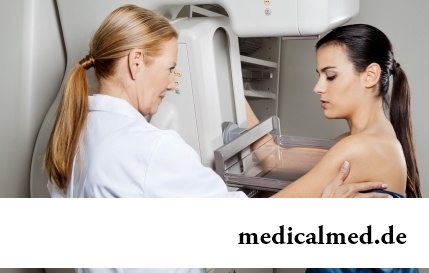
Visit of doctors – business not the most pleasant, and many people do not hurry to undergo necessary planned inspections. Such behavior is extremely thoughtless and improvident. Our health is necessary not only to us: wellbeing of darlings, children, grandsons and престар...
Section: Articles about health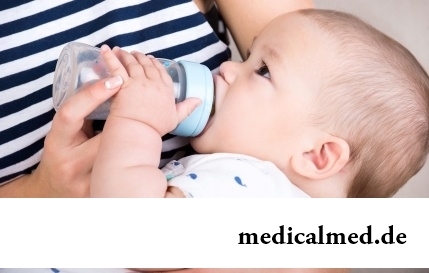
Producers of milk mixes for children assure: mixes are ideally balanced and adapted for needs of babies. If mother should raise artificially the kid owing to serious problems with health, to do nothing – it is necessary to feed with substitutes of milk. However pediatricians note that not seldom women without good reasons refuse feeding of the child a breast and pass to milk mixes. Common causes of such decision – the aspiration to leave quicker...
Section: Articles about health
It would seem, to buy drugs in Moscow does not make a problem – a drugstore, and not one, is available for each resident of the capital in step a toast...
Section: Articles about health
According to World Health Organization, every third inhabitant of Earth has excess weight, and every tenth has obesity. The reason of this phenomenon, according to specialists, roots in one not very comforting fact: most of people consume much...
Section: Articles about health
Scientists always aimed to offer fundamental explanations for medical problems. Their theories formed the basis of modern methods of treatment of the hardest pathologies and helped to save a set of lives. However stories are known also such theoretical constructions, following to which brought to mankind of a trouble and torture, ruined destinies and health of many people....
Section: Articles about health
All got used long ago that, having addressed the plastic surgeon, it is possible to modify natural parameters of a figure or to reduce...
Section: Articles about health
Urogenital candidiasis (milkwoman) – a fungal infection which annoys unpleasant feelings in the field of generative organs, being followed by white curdled allocations, an itch, discomfort during an urination, pain. She is called by Candida fungus – a mustache...
Section: Articles about health
From the failure of work of immune system which is shown in the form of an allergy, statistically, more than 40% of the population of the globe suffer. In most cases pathological reactions cause the substances which are contained in food stuffs, hair of animals, medicines, goods of household chemicals, cosmetics, pollen of plants, etc. On the one hand, the disease such is capable to spoil quite thoroughly to the person life....
Section: Articles about health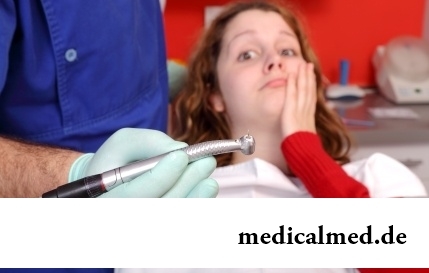
Statistically, can only one of ten of our compatriots brag of a decent condition of an oral cavity. On среднестатистич...
Section: Articles about health
Life expectancy in various regions of Earth is not identical. Social stability, economic wellbeing, availability and level of medical care, household comfort, literacy of the population in the field of observance sanitary гигиен exert impact on it...
Section: Articles about health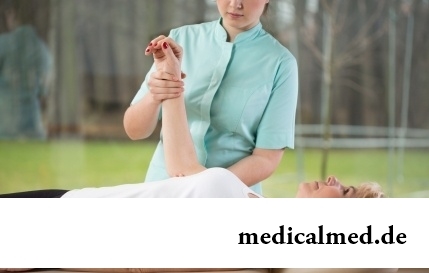
The problem of diagnosis was and remains to one of the most important in medicine. From that, the reason of an indisposition of the patient will be how precisely defined, eventually success of treatment depends. In spite of the fact that the majority of the diagnostic methods applied in official clinical practice has very high informational content and reliability, mistakes directed by diagnoses nevertheless are not excluded....
Section: Articles about health
The main role in development of a peptic ulcer of a stomach and duodenum the bacterium Helikobakter plays pilor. Activity and Wuxi...
Section: Articles about health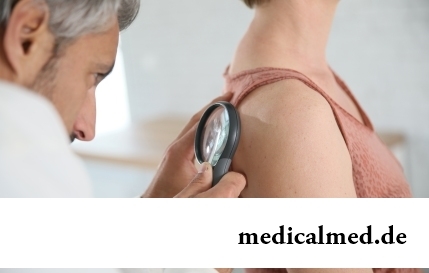
Scientists have no unambiguous opinion on a proximate cause of emergence of a carcinoma cutaneum today. Only the factors promoting development of this illness are precisely established. Treat them: long impact on skin of ultraviolet rays, radioactive...
Section: Articles about health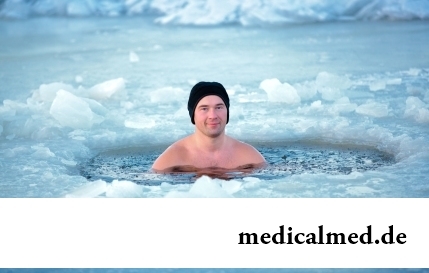
The winter swimming in open reservoirs called in our country by "winter swimming" – officially recognized sport and one of the most extreme ways of a hardening of an organism. This occupation has an old story and adherents in many countries. The international competitions in winter heats on open water, and every two years – the World Cup are annually held. Despite huge popularity and the proved advantage for health, winter swimming is still surrounded with hardy delusions. Ра...
Section: Articles about health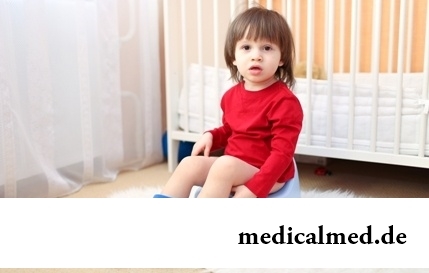
All parents are ready to what the baby often and pisat much. Since then, as the absorbing diapers strongly became current...
Section: Articles about health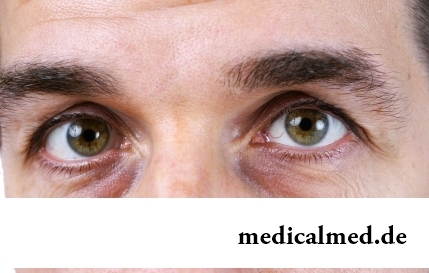
Zone hypostases under eyes - very widespread problem giving to people is a lot of inconvenience. Hypodermic fabric in these parts has very loose structure and almost does not contain collagenic fibers. Besides, the skin covering подглазья constantly is exposed...
Section: Articles about health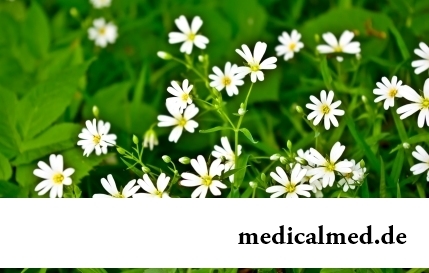
Wood louse – the ordinary-looking unpretentious plant extended in all territory of our country. It quickly expands, and sometimes fills sites, bringing a lot of chagrin to gardeners. Perhaps, they would be upset less if knew that the wood louse is valuable medicinal raw materials. A, C and E vitamins, organic acids, tannins, wax, saponins, lipids, mineral salts and essential oils are its part....
Section: Articles about health
Herpes simplex of the first type (the infectious disease which is shown periodic bubble rashes on is called...
Section: Articles about health
Summer in the heat. Many are going to spend vacation abroad. Travelers the tender seas, rest on beaches wait, for sightseeing, campaigns on natural and cultural reserves. But, unfortunately, on vacation also problems about health can wait for us...
Section: Articles about health
The Genetically Modified Organisms (GMO) are plants or animals (as a rule, agricultural) to whose genotype purposeful changes were made. Opposition of supporters and opponents of inclusion of such organisms in foodstuff always was very acute. Not only scientists and dietitians, but also a large number of the people who are not specialists in this question are involved in active disputes today....
Section: Articles about health
About 20% of the population of our planet have a hypertension (permanent increase in arterial pressure). This disease negatively narrations...
Section: Articles about health
People know that thermal sources have salutary force long ago. Treatment by natural waters is one of the most ancient methods of disposal of the most different diseases. Bathtubs, souls, wrappings and inhalations, in combination with reception of water vnut...
Section: Articles about health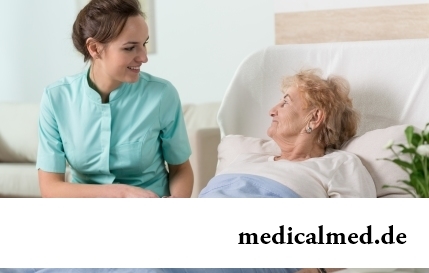
It is pleasant to state a possibility of improvement of quality of life of people with problems of functioning of secretory system. Efforts of talented inventors created products which will be able to provide normal life activity of clients with moderate degree of a disease, it is essential to facilitate the help to patients with strongly expressed disturbances....
Section: Articles about health
